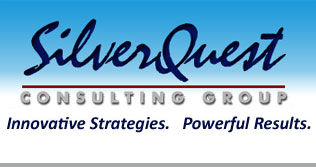|
Testimonials
Donald's presentation was delightfully entertaining, engaging, and motivating. . . the evening was filled with laughter and enjoyment. As a direct result of a very satisfied audience, four members of the audience stepped up to volunteer their time and skills to the Dallas Section ASQ. Thank you, Donald!
Kiami Rogers, Chair, American Society for Quality Dallas Section 1402
|
|
|
| WHAT OUTCOMES DO YOU SEEK?
|
|
|
Risk Management
Risk and the mitigation of risk is a subject that haunts many managers. Our world seems increasingly uncertain. The likelihood and magnitude of dangerous, unforeseen events has moved up several levels of intensity. Organizations must master and manage risk to succeed in meeting its business objectives. Risk can be defined as variance from a business objective or metric. It can directly affect the reliability of a product or service.
Risk Management is a systematic process that identifies, assesses and effectively mitigates or eliminates possible risks to achieving your organization’s strategic plan. Risk Management relates to financial, legal, ethical, and environmental risks both inside and outside the organization.
 Benefits Benefits
-
Reduces level of uncertainty about making decisions
-
Provides effective control of projects and processes
-
Aligns Risk Assessment with Strategic Plan
-
Provides a framework for making decisions and pursuing opportunities
-
Reduces unpleasant surprises
Approach
-
Create comprehensive Risk Audit by analyzing the probability and magnitude of legal, financial, ethical, and business risks throughout organization and surrounding environment through use of Pareto Charts, Cause and Effect Diagrams, Failure Mode and Effects Analyses
-
Perform Scenario and Contingency Planning to address potential problems before they happen
-
Develop Risk Reduction and Management strategies based on Risk Audit
-
Incorporate and integrate Risk Reduction and Management strategies into Strategic Plan
Would you like to reduce and manage risk in your organization? Let’s Talk
|

















 Benefits
Benefits